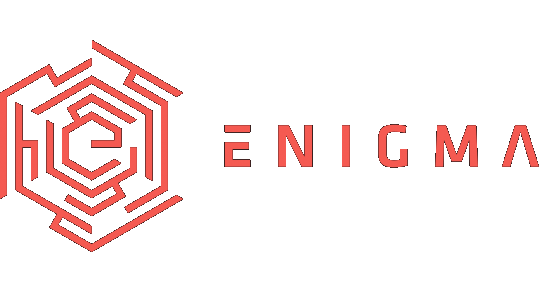Chris Conley, Policy Attorney, ACLU of Northern California
Law is code, but too much of it is bad code. And just like bad software, bad legal code creates a host of problems, from hidden (by accident or design) biases to vague language that leads to unexpected and even manipulable results. Nowhere is this problem more acute than in the realm of laws addressing modern technology, many of which are drafted by legislators or advocates who fail to understand the present capacities and limitations of the technology, let alone its future potential.
This talk will discuss two software engineering techniques, component-based architecture and modeling, as potential ways to improve future technology legislation. Carefully-designed and vetted existing legislation, such as the California Electronic Communications Privacy Act, can provide future legislators with "libraries"—from individual definitions to full model statutes—to incorporate into future work without adding complexity and inconsistency by reinventing the wheel. And developing robust models of the interplay between existing law, such as the various statutes that relate to search warrants, can help lawmakers at least conduct thought experiments on the effects of proposed changes. Can using techniques like these become the norm rather than the exception?
Chris Conley, Policy Attorney, ACLU of Northern California

Chris is a policy attorney at the ACLU of Northern California, focused on the intersection of civil liberties (including but not limited to private and free speech) and emerging technologies. He has a background in computer science and tries to use an engineering approach to addressing complex technological issues through legislation, litigation, public education, and other forms of advocacy. His current focus is on electronic searches and surveillance by state and local entities.

author = {Chris Conley},
title = {Legislative Engineering: Design Privacy Laws, Don{\textquoteright}t Just Draft Them},
year = {2017},
address = {Oakland, CA},
publisher = {USENIX Association},
month = jan
}



